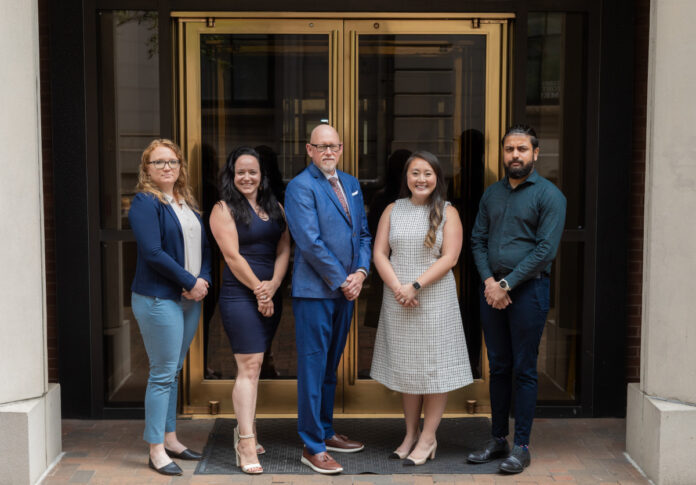
In late 2022, a small group of seasoned professionals within one of the manufactured housing industry’s largest lenders took on a new task to help expand its volume of business with communities.
One of the first questions Troy Suggs asked this team after being moved into the director of c communities role at 21st Mortgage was “What can we do to expand the program?”
The lender was exploring opportunities in the segment, one which Suggs had minimal previous exposure. One area of opportunity quickly became apparent was related to targeting new community operators.
“In recent years we had gained the tendency to go for the ‘big fish’,” Suggs said. “The community lending program originally was designed to address the needs of the small community owners, actually, and we really wanted to get back to that.
“While our larger operators are greatly appreciated and critical to our success, what we decided was that no community was too small,” Suggs said. “We don’t need to go out prospecting just for clients who have 50 spaces to fill.”
The team revisited lists of potential customers that hadn’t been contacted in some time, and began calling prospects that operate fewer communities, prospects that manage fewer homesites, and have less turnover.
Meeting Market Demand
To help energize the sales efforts, Suggs brought in Elizabeth Smith as the director of business development to help work through some potential solutions.
Smith said it felt refreshing to reconnect with the smaller, privately-held community operators that make up so much of the affordable housing landscape in the United States.
“We had not been serving a good portion of the community space,” Smith said.
The results were immediate and dramatic.
“Year-over-year we did about 220 percent in January of ’23 compared with the previous January,” Suggs said. “We set a record, and we had the best Q1 we’ve ever had.
“There is a lot of opportunity for those smaller or midsize operators,” Suggs said.
Operational Adjustments to Save Time, Open Up Opportunities
In order to make time for the new sales efforts, and to ensure any loans originated could be serviced to 21st standards, there was a need for a broad operational analysis
“We had to dig into daily processes,” Suggs said.
One of the primary changes the community lending group made was to streamline the processing of applications and working with approvals.
“It’s not just a yes or no question,” Suggs said. “Too many requests from the community operators required a ‘director level’ or higher authority to make a decision.
“We expanded the team to elevate a pair of operations managers and empowered them with the ability to approve these requests on a more regular basis,” Suggs said. “They were already making recommendations into the process, so it kind of felt like the right thing to do. We are now well positioned to provide the best in service to both our larger operators and now a new set of smaller, to mid-sized operators.”
Working on Purchasing Homes
There also were obstacles on the purchasing end, working with manufactured home builders.
A manufacturer builds and ships a new home to a community, then it receives payment for the home. Approval for payment was taking a significant amount of time since approvals were not reviewed daily.
“Again, we wanted to expedite this process. We’re going to do this every day,” Suggs said. “We don’t want this house sitting at the yard for a week. No one does. This has made the plant-level operations so much better.”
Suggs said it felt like a lot of rapid change, but it all was managed by gaining consensus and making subtle adjustments, like getting more accustomed to traveling with the laptop and security devices required for approval.
“I’m all about service,” Suggs said. “It can be easy to focus on specific areas and lose the attention to detail on what’s needed for all parts of the business.”
Each incoming phone call will be answered within four rings, Suggs said. And each overnight call that is missed will be returned the following day.
“We re-committing ourselves to it and we are confident our community clients will receive the best possible service,” Suggs said. “We knew we needed to make some operational changes, and we’ve been successful in figuring out some of these efficiencies that have really paid off.”









